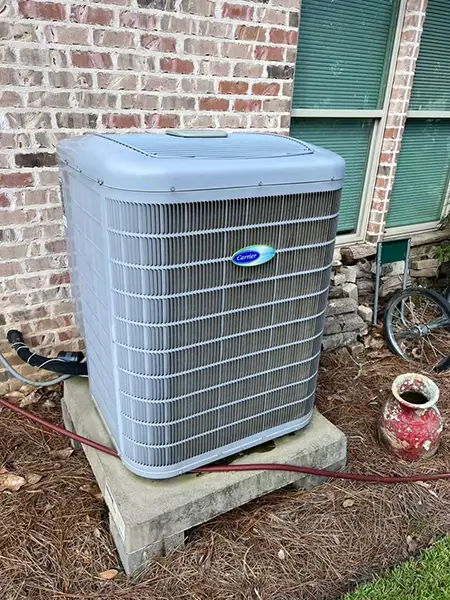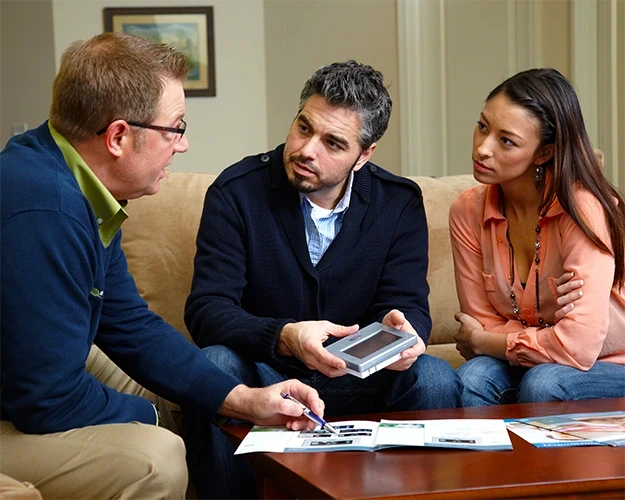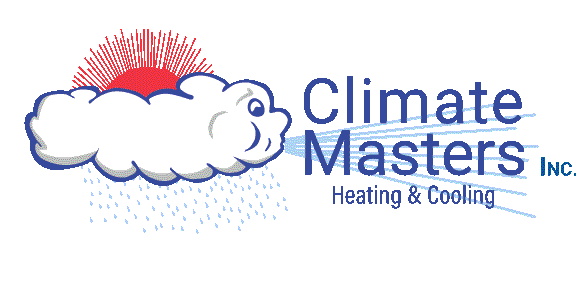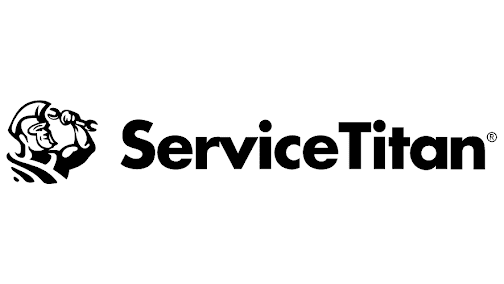
Climate Masters has been a go-to air conditioning repair service for the people of Baldwin County for over 50 years. We have supplied heating and air conditioning service to thousands of satisfied Gulf Coast customers.
Our business’ longevity and commitment to quality work is what sets us apart from other HVAC services in the area.
For every problem that arises in your air conditioning system, our team of skilled technicians is dedicated to finding a solution that will have your AC unit blowing cold air again.
In the extreme weather patterns of southern Alabama, reliable air conditioning is a foundation of comfortable living. Climate Masters helps your HVAC system get back to properly heating and cooling your home or business.



